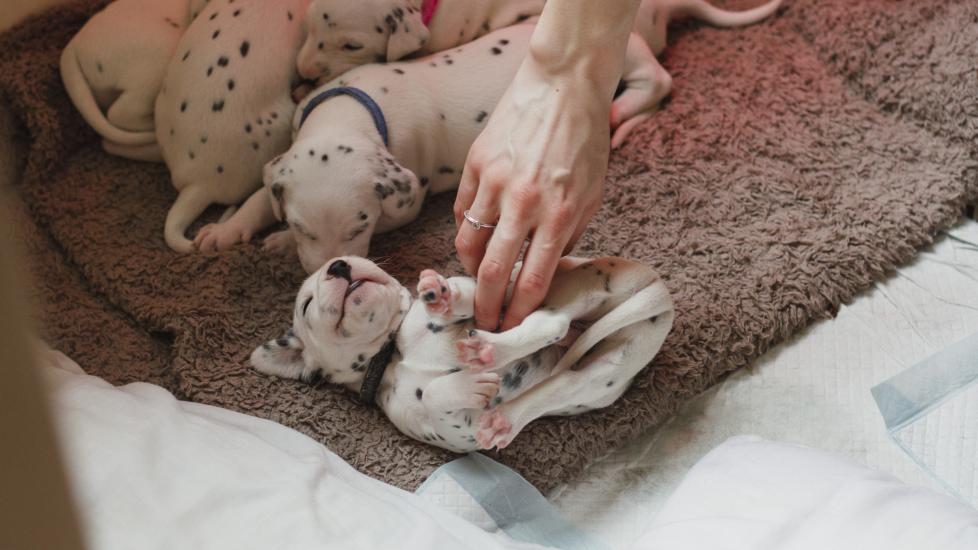 As a pet owner or prospective buyer looking for the perfect furry companion, finding an ethical, reputable, and responsible breeder is crucial. It ensures that your new friend comes from a loving environment where health, temperament, and welfare are prioritized over profit. Here’s how to navigate the world of breeders with confidence:
As a pet owner or prospective buyer looking for the perfect furry companion, finding an ethical, reputable, and responsible breeder is crucial. It ensures that your new friend comes from a loving environment where health, temperament, and welfare are prioritized over profit. Here’s how to navigate the world of breeders with confidence:
-
Research Your Breed: Start by researching different breeds to understand their characteristics, needs, and potential health issues. This will help you make an informed decision about which breed suits your lifestyle best.
-
Ask Around: Seek recommendations from friends, family members, or local veterinarians who may have had positive experiences with certain breeders in the past. Positive word-of-mouth can be invaluable when choosing a trustworthy source.
-
Check Online Resources: Utilize online resources such as breed clubs, rescue organizations, and forums dedicated to specific breeds. These platforms often provide lists of recommended breeders along with valuable advice on what to look for during the selection process.
-
Beware of Red Flags: Be cautious if a breeder seems too eager to sell without asking many questions or conducting proper health checks. A responsible breeder should thoroughly vet potential buyers to ensure they are capable of providing a good home. Additionally, avoid those who offer multiple breeds at once—it could indicate they prioritize money over animal well-being.
-
Visit In Person: Schedule appointments with several potential breeders before making any decisions. During these visits, observe the living conditions of both adults and puppies/kittens; healthy animals should exhibit bright eyes, clean coats, and energetic personalities. You should also meet at least one parent (if possible) to assess its demeanor.
-
Health Certifications Matter: Ensure that all breeding stock has been tested for hereditary diseases common within their respective breeds through genetic testing or certification programs like OFA (Orthopedic Foundation for Animals). Reputable breeders will happily share this documentation upon request.
-
Contracts and Guarantees: Look for breeders who offer written contracts outlining expectations regarding caretaking responsibilities, spaying/neutering procedures (often required within a certain time frame), return policies if something goes wrong down the line, etc. A reputable breeder stands behind their work and provides guarantees against serious congenital defects.
-
Communication Is Key: Good communication between buyer and seller is essential throughout every stage of the transaction process up until after adoption day. If there’s ever confusion or concern raised by either party afterward due to negligence or misunderstanding then it might signify poor business ethics overall.
-
Be Patient: Finding just the right match takes time but patience pays off handsomely because happy pets lead happier lives alongside contented humans! Don’t rush into purchasing solely based on urgency; wait until everything aligns perfectly according to plan so everyone wins – especially four-legged ones included here too.
By following these steps diligently while keeping an open mind yet discerning eye towards quality standards set forth above regarding animal husbandry practices employed among various sources available today – including backyard operations versus professionally managed kennels alike – anyone seeking companionship via acquisition can rest assured knowing theirs came courtesy someone genuinely invested not only financially but emotionally too; thus ensuring longevity mutual satisfaction shared long term amongst human-animal bond established thereby.
